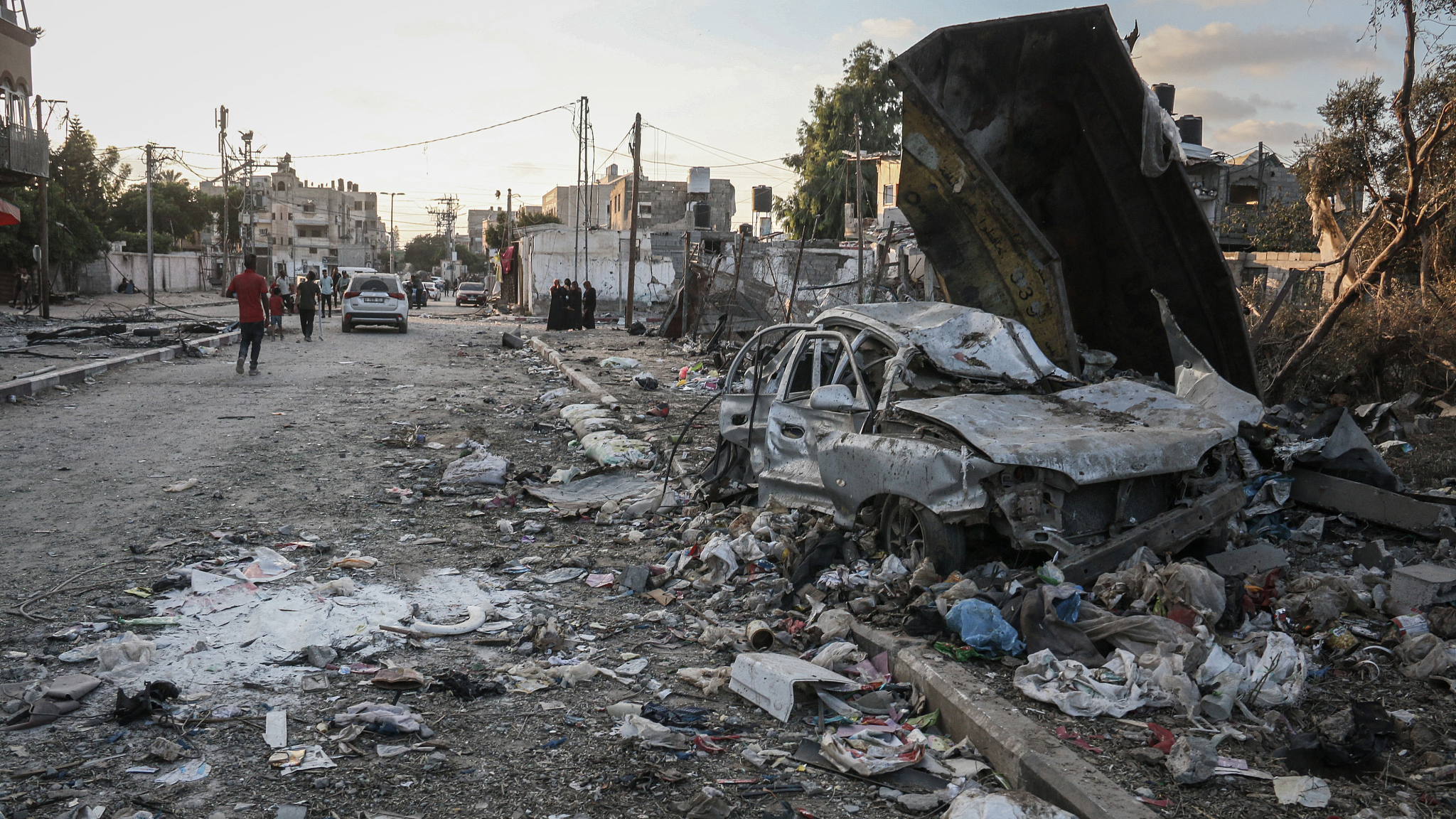WNAM REPORT: The United Nations will begin vaccinating some 640,000 children in the Gaza Strip against polio on Sunday, a campaign that requires daily eight-hour pauses in fighting between Israel and Hamas militants in specific areas of the besieged enclave.
The complex campaign, which is targeting children under age 10, follows confirmation last week that a baby was paralyzed by the type 2 polio virus, the first such case in the territory in 25 years.
World Health Organization (WHO) officials say at least 90 percent of the children need to be vaccinated twice with four weeks between doses for the campaign to succeed, but it faces huge challenges in Gaza, which has been largely destroyed by nearly 11 months of war.
“It’s not ideal,” Rik Peeperkorn, the World Health Organization’s senior official for the Palestinian territories, told reporters in Geneva on Friday.
“We think it is feasible if all of the pieces of the puzzle are in place,” he said.
The UN agency said the campaign would occur in three phases—in central, southern, and northern Gaza.
Fighting will pause for at least eight hours on three consecutive days in each phase. The pauses could be extended for a fourth day in each phase, which the WHO said would likely be needed. That would mean each round of vaccinations could take just under two weeks.
But it appears the pauses in fighting will not cover the entirety of each zone, according to a map seen by Reuters on Friday that a UN source said was from COGAT. The map appears to show that the pause will take place in a smaller area within each zone.
COGAT referred questions on the map to Israeli Prime Minister Benjamin Netanyahu’s office.
The planned pauses are not part of ceasefire negotiations that have been under way for months to try to agree to a halt in the fighting in Gaza and a return of Israeli and foreign hostages in exchange for Palestinian prisoners held by Israel.
“What is now most important is to ensure both the security and access needed to implement the campaign effectively. I don’t need to tell you how disastrous it would be if we were unable to contain this preventable disease – a disease that knows no borders,” acting UN aid chief Joyce Msuya said on Thursday.


